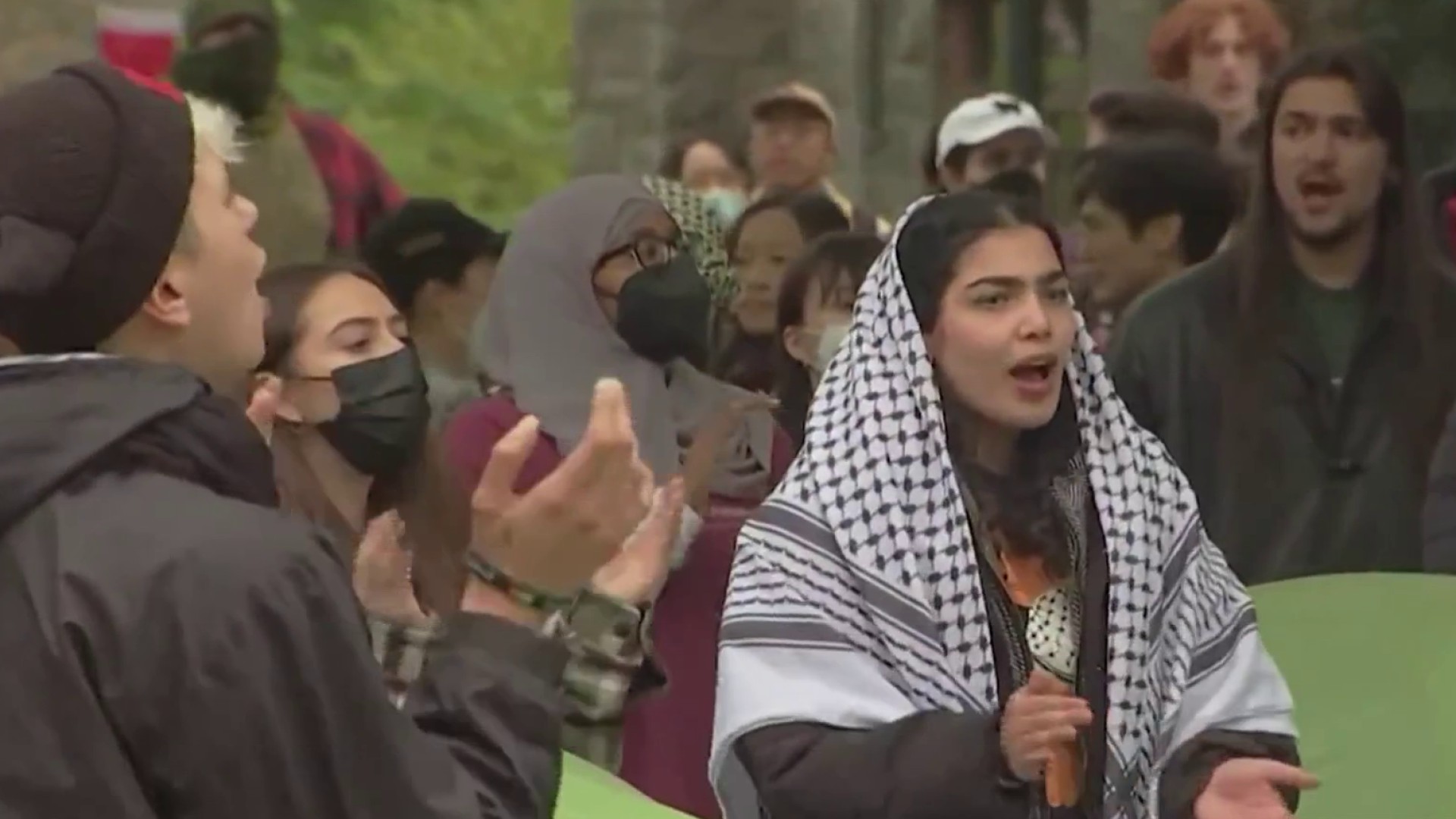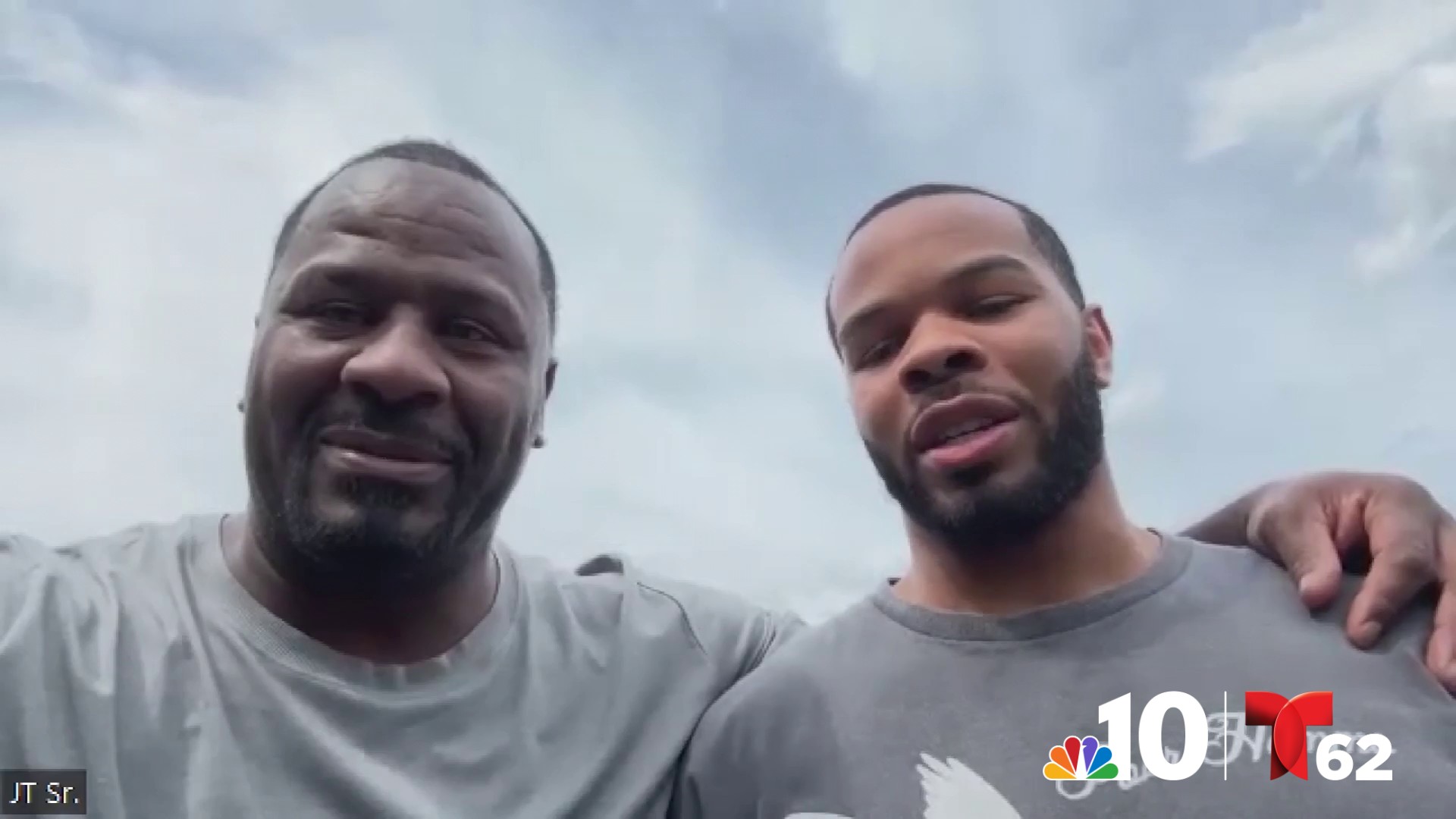What to Know
- A vandal wrote the words “human trafficer” on a statue for Robert Morris at Independence National Historical Park in Philadelphia.
- Morris was a Founding Father commonly known as the “Financier of the American Revolution,” who also amassed part of his wealth from his participation in the slave trade.
- Professional conservators will explore and test other methods to remove the graffiti, according to the Independence National Historical Park.
Workers at the Independence National Historical Park (INHP) in Philadelphia are trying to remove graffiti from a statue of Founding Father Robert Morris.
The words “human trafficer” were written on the base of the statue, which is located behind the Second Bank of the United States on 420 Chestnut Street.
Get Philly local news, weather forecasts, sports and entertainment stories to your inbox. Sign up for NBC Philadelphia newsletters.
INHP said the graffiti was likely written with a permanent felt marker. They also said the statue’s base is an aged and weathered marble, making the graffiti difficult to remove.
“The park attempted to remove the graffiti using non-abrasive gentle chemicals,” INHP wrote. “These chemicals are specifically designed to remove graffiti from stone. The application lightened the graffiti but did not remove it.”
INHP said a professional material conservator also tried to remove the graffiti by using lasers and lightened the graffiti but did not remove it.
Local
Breaking news and the stories that matter to your neighborhood.
Professional conservators will explore and test other methods to remove the graffiti, according to the INHP.
Sign up for our Breaking newsletter to get the most urgent news stories in your inbox.
Born in 1734, Robert Morris Jr. was an English-born merchant and a Founding Father of the United States who was a member of the Pennsylvania legislature, the Second Continental Congress and the United States Senate. He was also one of the signers of the Declaration of Independence, the Articles of Confederation and the United States Constitution.
Morris was also commonly called the “Financier of the American Revolution,” according to the INHP. He also amassed his wealth through shipping and property investments, which included owning, trading, operating a plantation and auctioning enslaved Africans in the slave trade, the INHP said.



